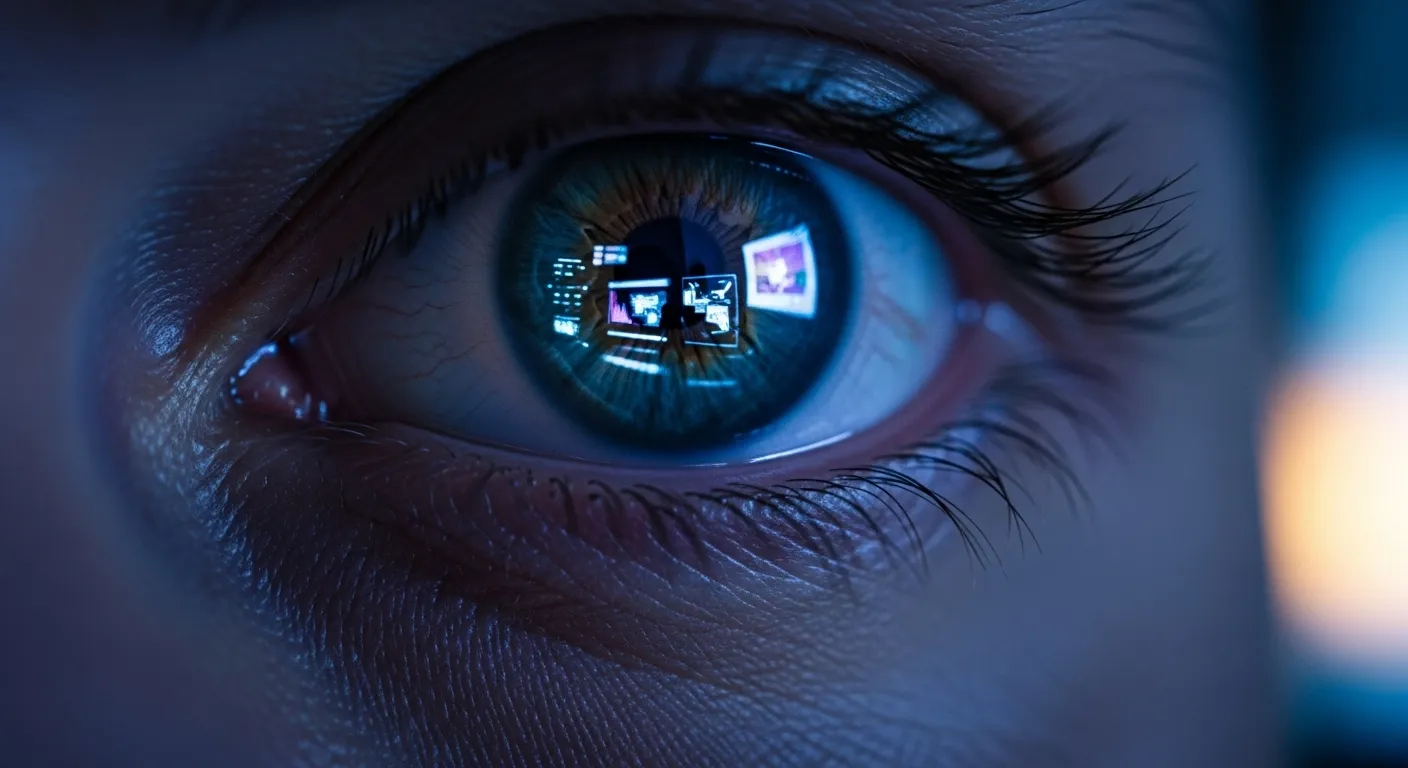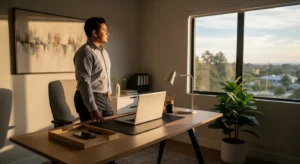
Frequently Asked Questions About Digital Detox Apps
As you start this journey, a few common questions may come to mind. Here are some answers to help guide you.
Are these screen time tracker apps safe for my privacy?
This is an excellent and important question. Most reputable apps, especially those built by Apple and Google (Screen Time and Digital Wellbeing), process your data on the device itself and are generally considered very secure. For third-party apps like Freedom or Forest, it’s always wise to review their privacy policy before you install them. Look for what data they collect and how they use it. Choose well-established apps with transparent policies. Generally, the apps recommended here have strong reputations, but doing your own due diligence is always a good practice.
I work a night shift. How can I adapt this advice?
The principles of digital wellness are universal, even if the timing is different. The key is to establish routines that align with your schedule. Your “evening wind-down” might happen at 8 AM after your shift ends. Your “deep work” blocks might be in the middle of the night. Use app timers and blockers to protect your crucial sleep window, whenever that may be. The goal is the same: to create distinct boundaries between work time, personal time, and rest time. Customize your Focus Modes and app schedules to match your unique rhythm.
Can I use these apps for my children as well?
Many of these principles and tools can absolutely be adapted for a family setting. Native tools like Apple’s Screen Time have robust parental controls and family-sharing features that allow you to set limits on your children’s devices. While apps like Forest can be a fun way to encourage family focus time, the core conversation should be about building healthy habits together. The most effective approach, as supported by research from institutions like the American Psychological Association, is to model healthy tech behavior yourself.
My job requires me to be available 24/7. How can I possibly unplug?
This is a significant challenge in many modern professions. True 24/7 availability can lead to burnout, a topic often studied by health organizations like the National Institutes of Health. First, question if the expectation is truly 24/7 or if it has just become the culture. If possible, have a conversation with your team or manager about establishing clearer boundaries. If you must be available, create a “tiered” notification system. Use your phone’s settings to assign a unique, urgent sound to calls or messages from your boss, while keeping all other work notifications silent outside of hours. This allows you to disconnect from the noise while still being available for a true emergency.



